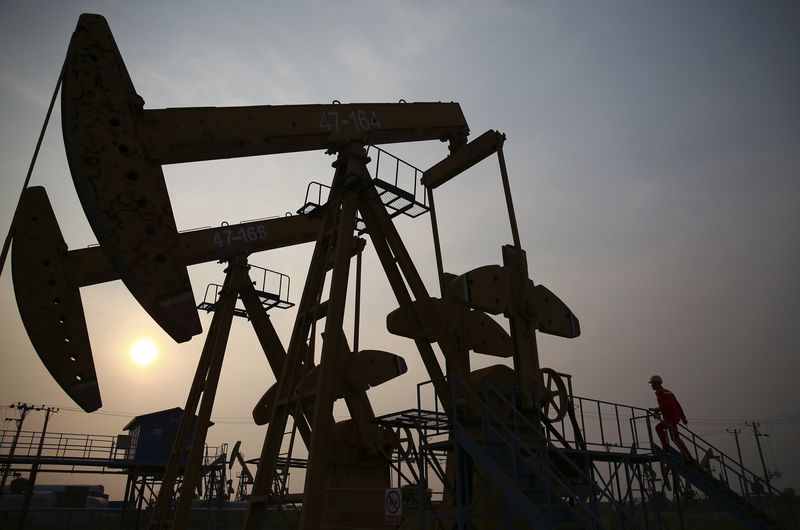Quiver Quantitative - The oil market is bracing for a surge in prices following Iran's recent drone and missile attack on Israel, the first such direct assault on Israeli soil, which has escalated tensions in the Middle East and raised the specter of broader regional conflict. This attack, which was in retaliation for an alleged Israeli strike on an Iranian consulate in Syria, prompted oil prices to climb last week, with Brent crude reaching its highest price since October at $92.18 a barrel. Despite markets being closed on Sunday, analysts predict an uptick in oil prices when trading resumes, influenced by geopolitical uncertainties and potential disruptions in supply.
According to Tamas Varga, an oil broker at PVM, the initial response in oil prices is expected to be sharp, though he notes that so far, there has been no direct impact on oil production. Iran's indication that it considers the matter resolved suggests that disruptions may not be extended unless further escalations occur. This scenario positions the market for potentially volatile fluctuations depending heavily on subsequent developments and responses from Israel and Western nations.
Market Overview: -Oil prices poised for a rise on Monday following Iran's attack on Israel. -The extent of the increase hinges on the response from Israel and the West.
Key Points: -Concerns about potential disruption to oil production and exports from the Middle East drive potential price hikes. -While immediate production impacts are absent, anxieties surround potential retaliation and the G7's response. -Renewed Iranian oil export limitations or Strait of Hormuz closures pose significant threats to oil supply.
Looking Ahead: -The G7's virtual meeting on Sunday will be closely watched, particularly with regards to potential sanctions on Iranian oil exports. -The upcoming US presidential election adds further complexity, as oil prices remain a politically sensitive issue.
Adding to the complexity, U.S. President Joe Biden is set to convene a G7 meeting to discuss a coordinated response to Iran's actions, which could significantly influence the market dynamics around Iranian crude exports. Giovanni Staunovo, an analyst at UBS, highlighted that the duration of any price increase in oil would largely depend on Israel's reaction and the outcomes of today's G7 discussions, which are being closely watched by market participants.
The geopolitical stakes are particularly high given Iran's increased oil exports under the Biden administration, a reversal from the constraints imposed during the Trump era. Any moves by the G7 to target Iranian crude could exacerbate the situation, potentially impacting global oil supply and prices further. Additionally, any threat to shipping through the Strait of Hormuz, through which a significant portion of the world's oil consumption passes, could lead to more sustained increases in oil prices. This is underscored by recent statements from Iran's Revolutionary Guard and actions against shipping in the region, adding a risk premium to crude prices that may widen depending on developments near the strait.
This article was originally published on Quiver Quantitative
